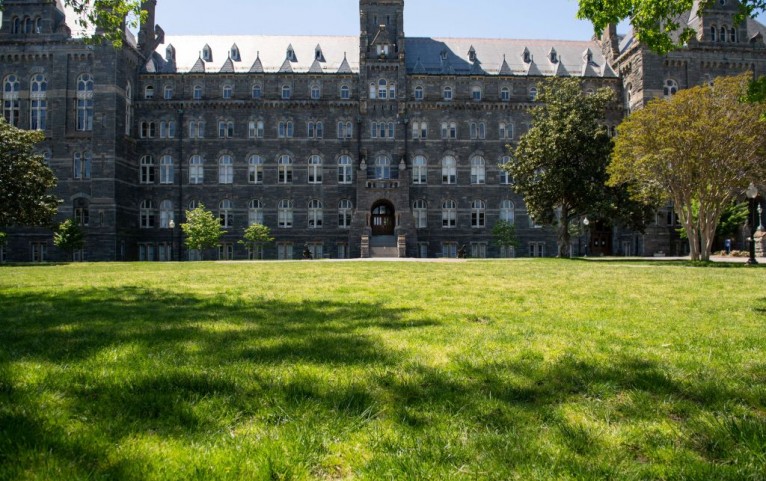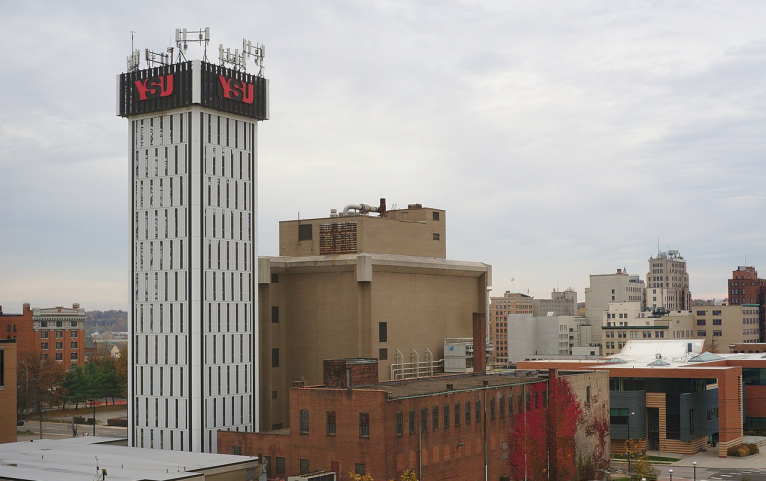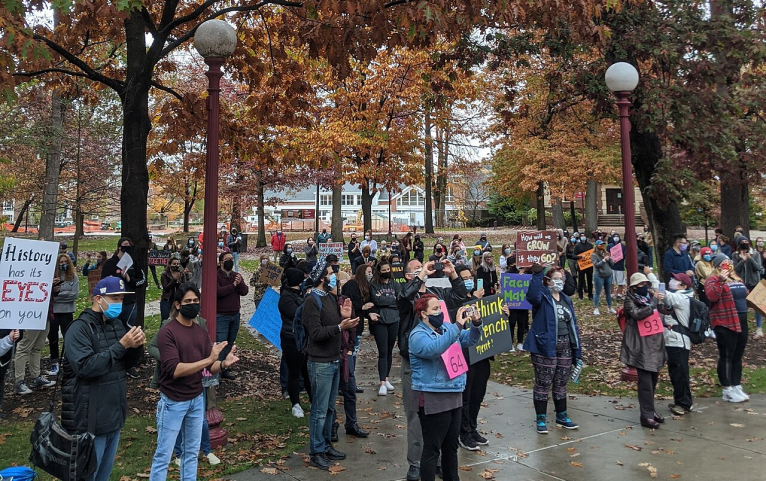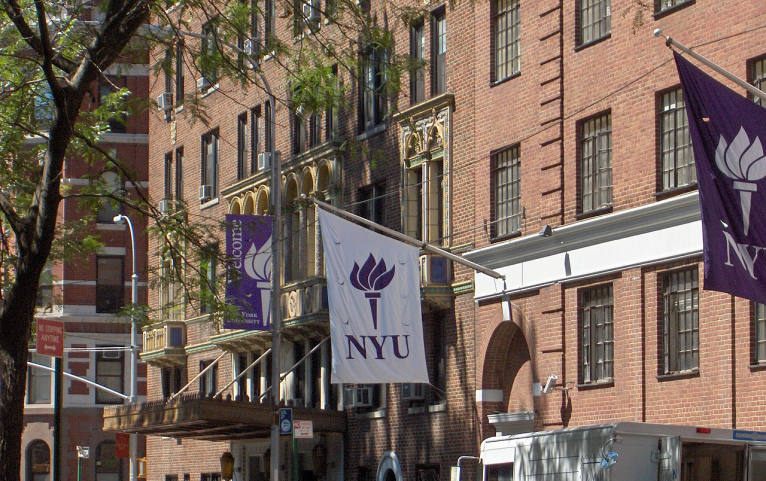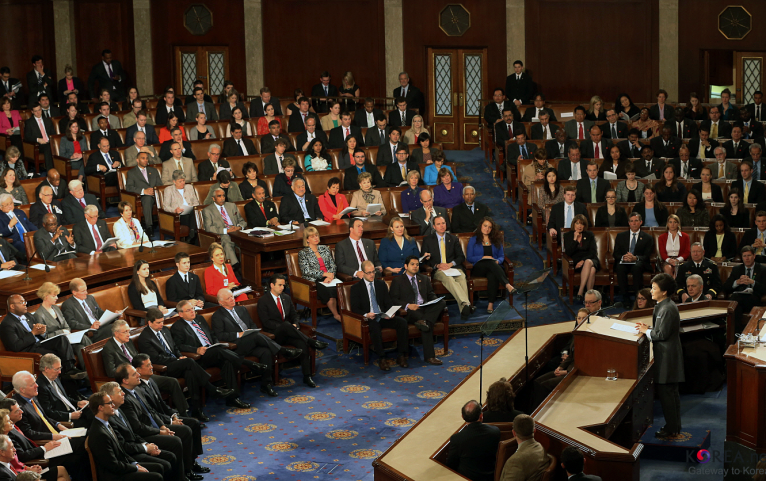Arizona Father Calls for Better Safety at Yosemite’s Half Dome After Daughter’s Fatal Fall
An Arizona father is calling for better safety measures at Yosemite National Park’s Half Dome after his daughter slipped and fell to her death this week. Read to learn more.
-
Monmouth University Lockdown Lifted After False Bomb Threat
-
Utah State University Athlete Dies in ‘Tragic’ Cliff-Diving Accident
-
UVA Fraternity Pledges Were Forced to Eat 'Heinous' Items, Verbally and Physically Abused, Report Claims
-
Georgetown University to Offer Gender-Inclusive Housing Starting This Fall
-
Northwestern University Student, Faculty Charged in pro-Palestine Protests
-
Second Dartmouth College Student Found Dead in Connecticut River Within Two Months
-
Arizona State University to Decide on Suspended Students' Return After Pro-Palestinian Protests
By UNIVERSITY HERALD STAFF -
Texas College Claims Dallas' Storm Debris Dumping Ground Damaged Campus
By UNIVERSITY HERALD STAFF -
YSU Lockdown Triggered by Shooting Suspect Sighting on Campus; Community Concerns Mount After Lockdown
By Joy Liwanag -
Brandeis Center Sues Education Department for Dismissing Antisemitism Complaint Against University of Pennsylvania
By Joy Liwanag -
NYU Settles Lawsuit With Students Over Antisemitism Claims; University Expands Judaic Studies and Strengthens Ties With Tel Aviv University
By Joy Liwanag -
House Ways and Means Committee Advances Bills Targeting University Antisemitism; Democrats Warn of Potential Litigation and Consequences for Higher Education
By Joy Liwanag -
US Higher Education Trends: State Funding Rises as Tuition Income Falls; What Can UK Learn From This?
By Joy Liwanag -
Trump's Republican Platform Agenda47 Proposes Radical Overhaul of Higher Education Policies
By Joy Liwanag -
Congress Moves to Mandate October 1 FAFSA Release Date, Addressing Delays and Ensuring Timely Financial Aid Access
By Joy Liwanag -
Congress Introduces Campus Housing Affordability Act, Expanding Section 8 Voucher Access for College Students
By Joy Liwanag -
Northwestern College Shuts Down After 122 Years, Leaving Students and Higher Education Community in Limbo
By Joy Liwanag -
Americans' Confidence in Higher Education Continues to Decline Amid Rising Concerns Over Political Bias and Cost [Poll]
By Joy Liwanag




